

The Dream Lives On
We want to be a missionary presence that can continue to inspire, inform, and rouse the desire in people’s hearts for a renewed commitment to the Church, to society, and to a better world.
Browse past isues
Help the mission
Support the mission
Get in touch


March 2014


We want to be a missionary presence that can continue to inspire, inform, and rouse the desire in people’s hearts for a renewed commitment to the Church, to society, and to a better world.


With its two-trillion-dollar economy, recent discoveries of billions of dollars worth of minerals and oil, and the number of investment opportunities it has to offer global players, Africa is slowly shedding its image as a development burden. “While global direct investment has shown some decline – dropping by 18% in 2012 – in Africa, foreign direct investment rose by 5%,” Ken Ogwang, an economic expert affiliated with the Kenya Private Sector Alliance (KEPSA) which has a membership of over 60 businesses, said.


The new law on firearms has sparked heated debate in the Philippines where, in 2013 alone, over 220 thousand crimes were committed including robberies, murders, assaults, violence. The new norm is the final version of the Comprehensive Firearms and Ammunition Regulation Act, of June 2013, which allows at-risk groups to carry firearms. These include journalists, lawyers, activists and priests often victims of kidnapping, summary killings and robberies by groups of terrorists or criminals. According to the previous law, such categories were treated like any other citizen and had to show that they are “under real threat” to bear arms. Critics of the law state that while the government now allows individuals at risk to defend themselves, it still does not make any headway in preventing crimes.


Pollution in China kills between 350 and 500 thousand people each year. This was revealed by an article in the British scientific journal The Lancet co- authored by Chen Zhu, president of the Medical Association of China, formerly the Minister for Health under President Hu Jintao. In the text, the authors admit that “despite best efforts, it will be difficult to control the phenomenon, since there are huge sources of pollution and of very different kinds.”


Over the course of the past year, persecution against Christians has increased across the whole world and Africa is gradually becoming “a battlefield for Christian Churches,” too. This was revealed by the 2014 World Watch List, the annual report on the state of anti-Christian violence across the world, introduced in 1997 by the international evangelical NGO, ‘Open Doors.’
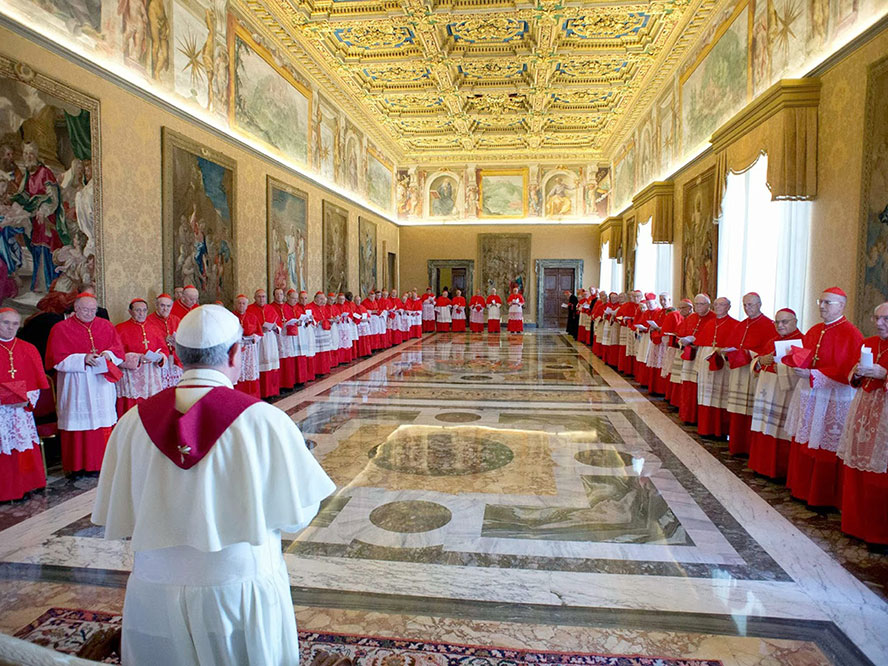

Pope Francis formally invested 19 new cardinals in a solemn rite at St. Peter’s Basilica on February 22, the Feast of the Chair of St. Peter. This is the first batch of collaborators that Francis has named in his year-old papacy.


Every month, when I receive the copy of World Mission magazine, I savor unique moments of wonder.


I had the privilege to serve as editor of World Mission from January 1994 to January 1999. During the early years of my service, many events marked the life and the mission of the Universal Church and they had a deep impact on the Church in Asia and on the still young World Mission magazine: the special Assembly for Africa of the Synod of Bishops (1st African Synod), in March 1994; Pope John Paul II’s visit to Manila for the 10th World Youth Day, from 12 to16 January 1995; and the beatification of St. Daniel Comboni, in March 1996.
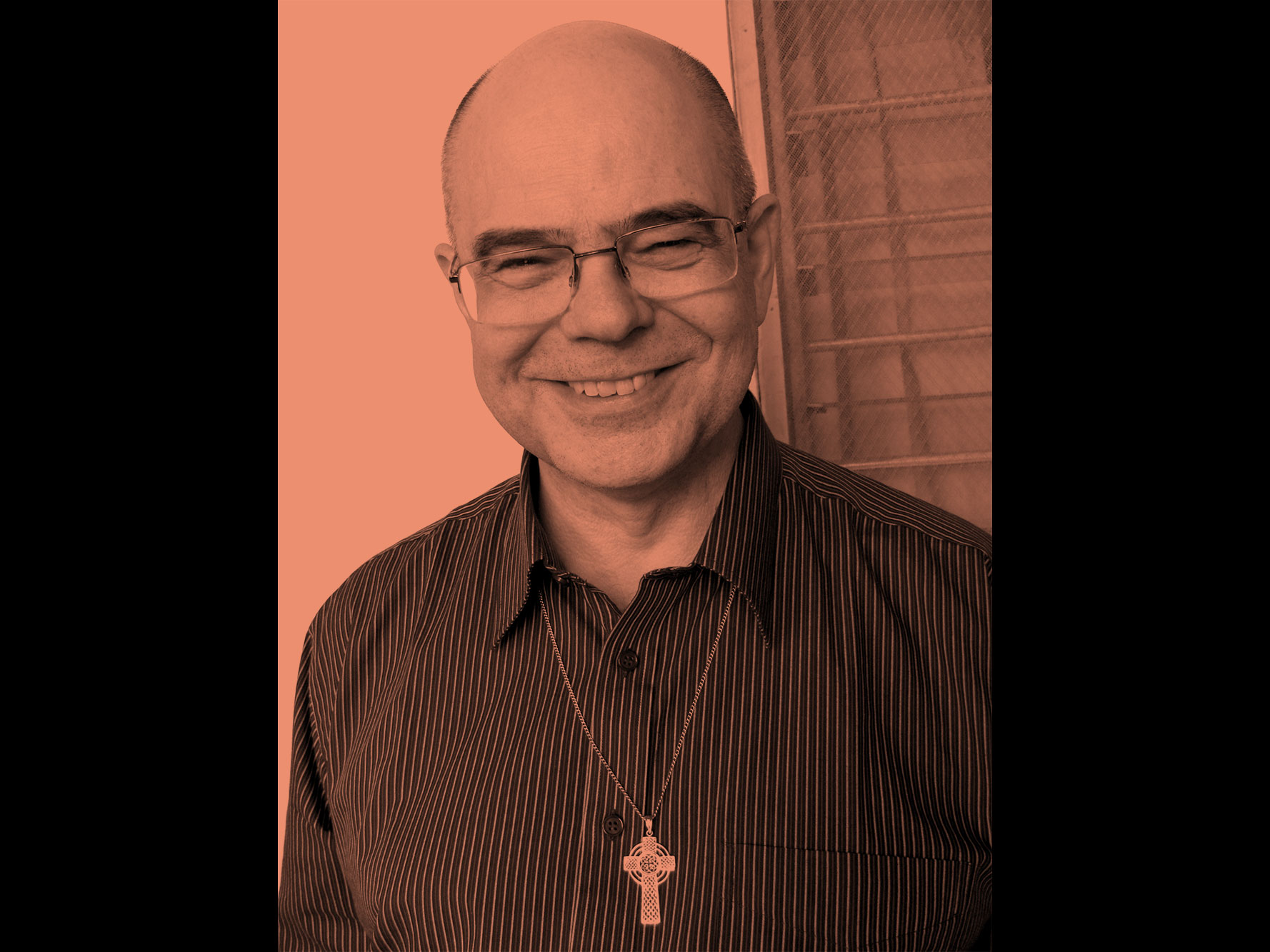

I am very grateful for this opportunity to be part of the celebration of World Mission’s Silver Jubilee celebrations and to think back to my four years as editor.
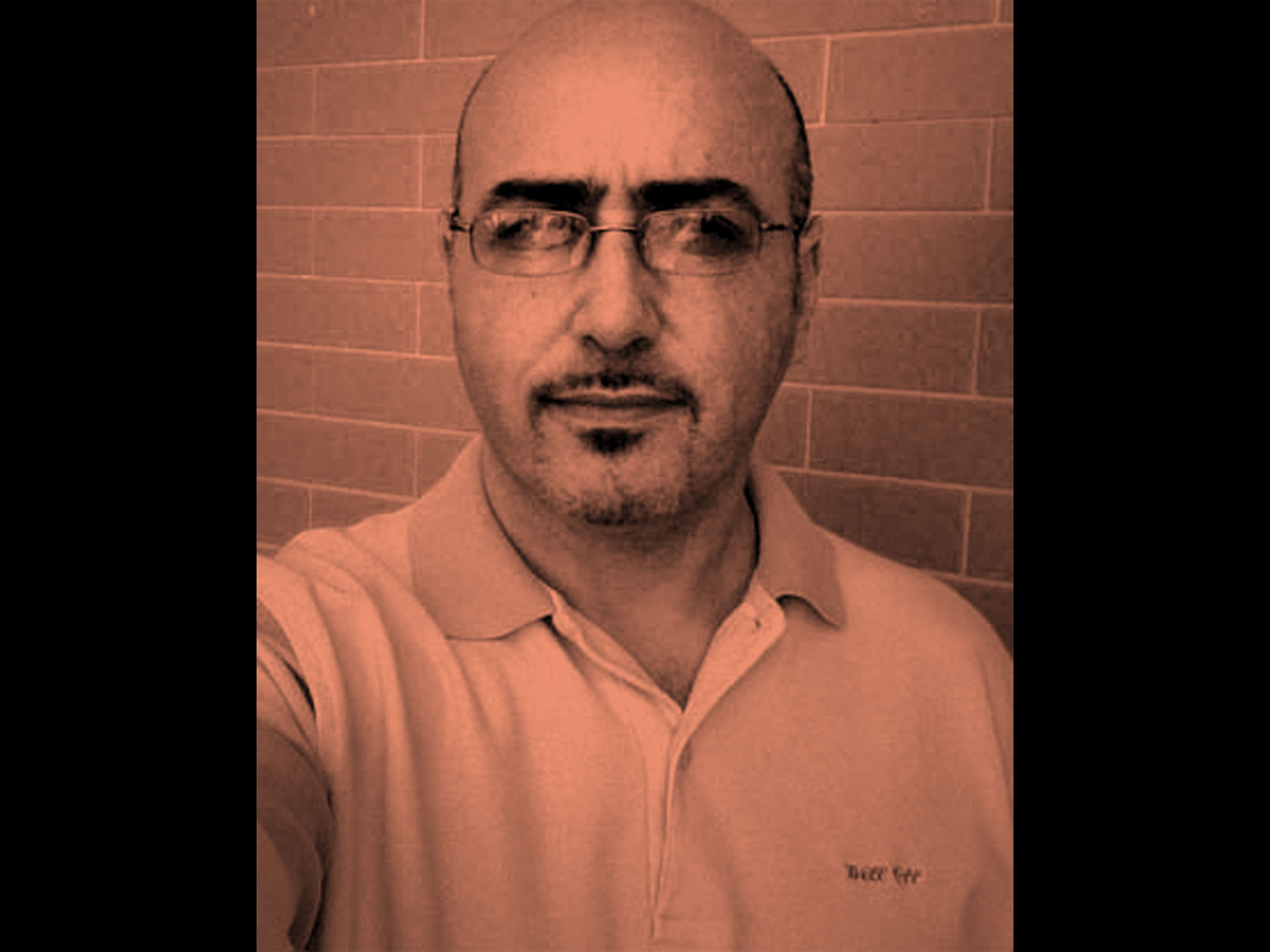

My short time spent at World Mission’s editor desk was indeed an interesting and enriching experience. I used to define the magazine as “an open window to the world” and I truly felt as if I was on a windowsill scanning the horizon and reaching out to all peoples and situations. Of course the issues to deal with were so many, likewise the most compelling ones, and to decide which should be considered first was really a challenge. However, the task, though big, was surely guided by the hand of Someone.
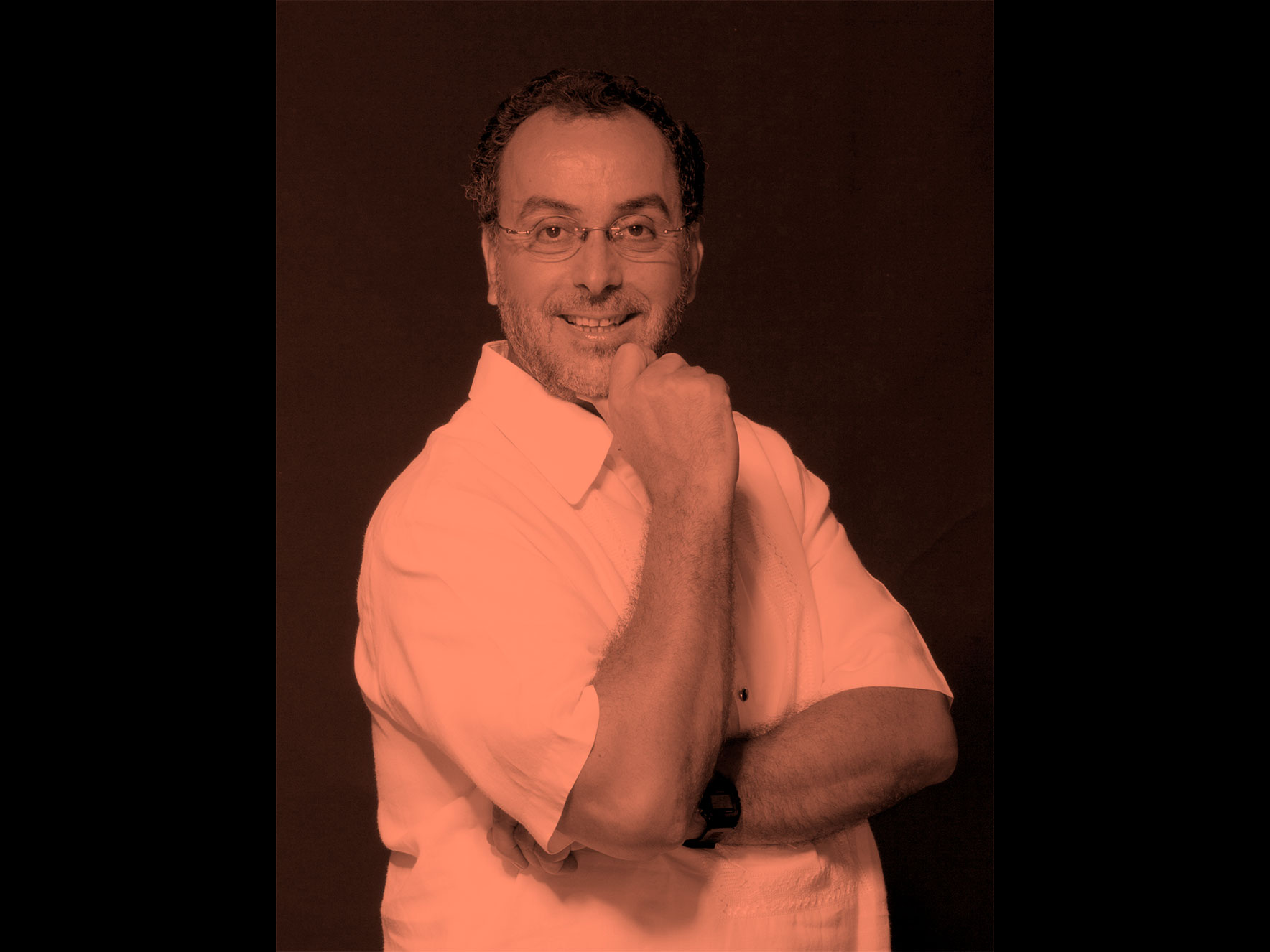

The first trip I made, as World Mission editor, was to Uganda in 2006. There, I had the opportunity to get more acquainted with a phenomenon known as “child commuters” – the children who, for years, night after night, would leave their homes to go and sleep in safer places so as not to be kidnapped by the notorious Joseph Kony’s fanatical movement, the Lord’s Resistance Army (LRA). The report of that trip was published in the June issue of that year together with the testimonies of some children who had endured terrible atrocities perpetrated by the bloody rebels.


Those who encounter Jesus for the first time are stunned by the passion and intensity that He put into His words – words that have astonishing depth and different levels of meaning, have an awesome relevance to human pain, and an amazing power to build confidence in human hearts. Jesus used local images with such color and sparkle that they cannot fail to persuade and convince. He appealed to the inner instincts of human beings in such a way that listeners are compelled to weigh the challenges He proposes, not because of their demanding harshness, but because of their enticing power.


“I have become all things to all, to save at least some. All this I do for the sake of the Gospel…” (1 Cor 9:22-23). To become “all” for the sake of proclaiming the Good News is such a difficult task. And yet St. Paul, the Apostle to the Nations, did exactly that to win souls for Jesus Christ. He became everything, and resorted to the use of anything, to save those under or outside God’s law. St. Paul’s challenge to proclaimers of the Gospel was not only practiced during his time. It had a profound and lasting effect throughout Christian history. In fact, it is still being lived to this day, as seen in the missionary activity during the last few centuries.


Over time, the ever-changing political, social and economic landscape around the world has given rise to a new kind of journalism, one that seems to have shed the values of the once highly-esteemed journalistic profession. However, because
of the demands and challenges of today’s world, a new kind of journalism is needed, one that honors the time-honored values of the profession, one that places man, and not money, back at the center of the world…and much more.
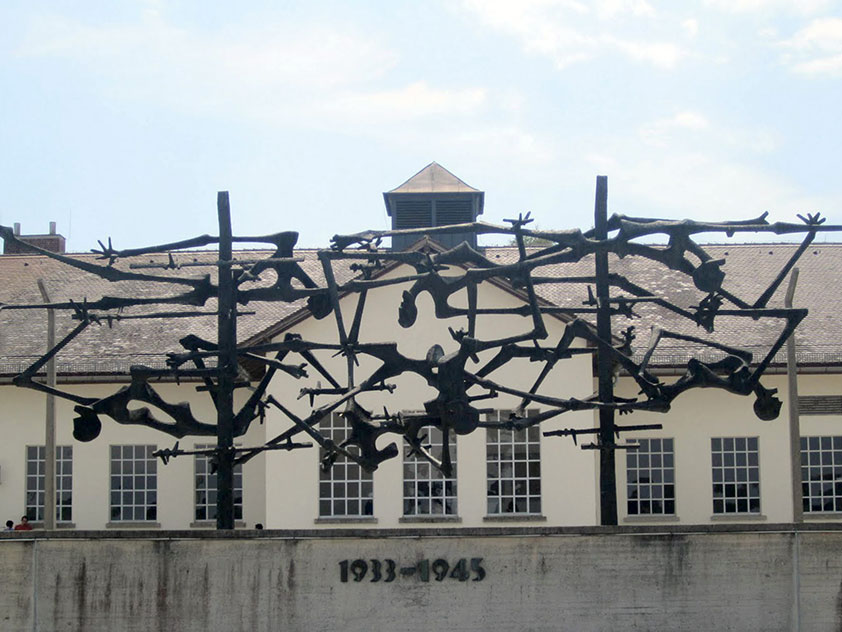

Despite living in a different century, the witness of Titus Brandsma (1881-1942), a Dutch priest, educator, journalist and modern mystic, still has much significance in the lives of today’s Christians. Nicknamed “Shorty” because of his small stature and labeled the “dangerous little friar” by his enemies, the frail, bookish, cigar-smoking clergyman, performed heroic acts
of endurance, marked by forgiveness, even in the face of illness, torture and, eventually,
death at the hands of the Nazis. This was his way of sharing in the suffering of Christ, an example even ordinary Christians can emulate. Brandsma wrote: “He who wants to win the world for Christ must have the courage to come in conflict with it.”
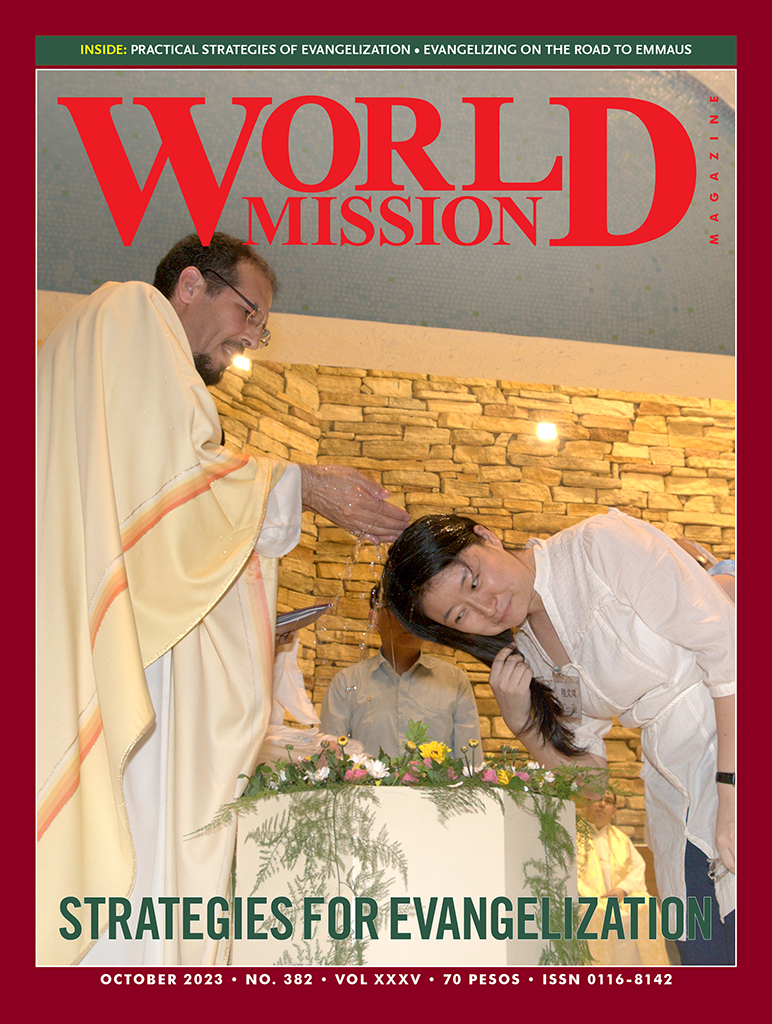

October 2023 Issue
The latest issue is reserved for paying Subscribers only.
